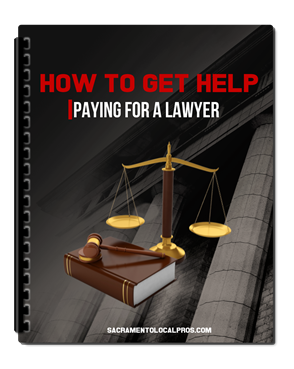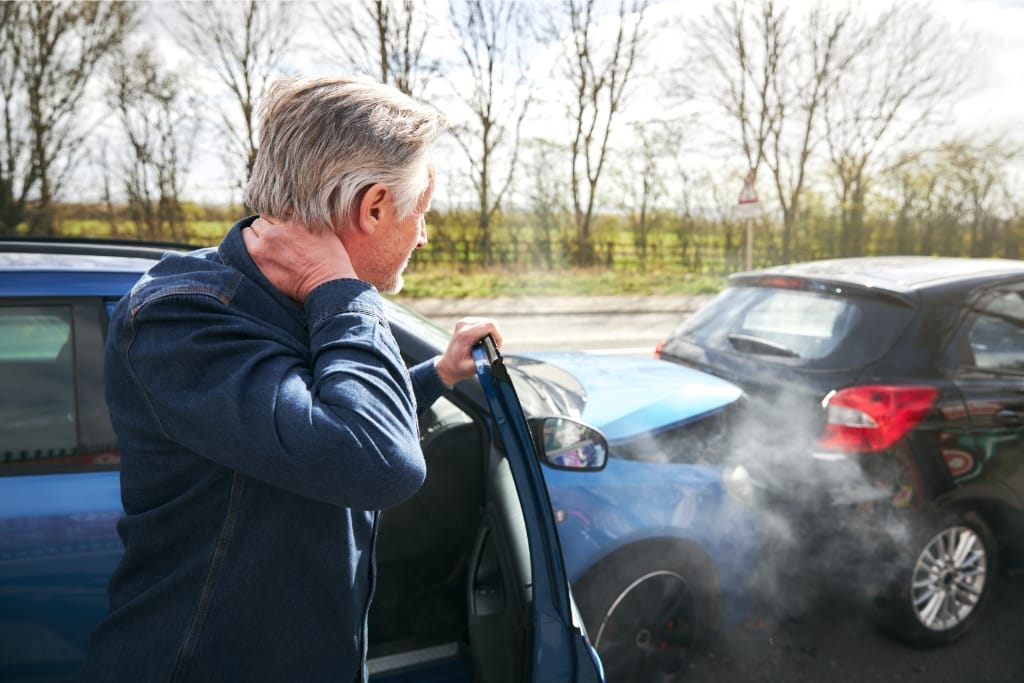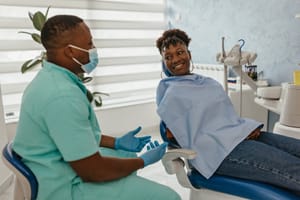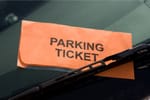Being involved in an auto-related accident can be a profoundly overwhelming and life-altering experience.
From the physical pain of injuries to the emotional stress of navigating medical care and insurance claims, the aftermath can leave you feeling uncertain about what steps to take next.
It’s crucial, however, to act quickly and decisively to protect your health, finances, and legal rights.
This article is designed to guide you through the crucial actions you should take immediately following such an incident.
Whether you’re dealing with minor injuries or something more severe, these ten steps will provide you with a clear roadmap to ensure your well-being and secure the support you need during this challenging time.
Take a deep breath and know that you’re not alone—this article is here to help you regain control and focus on recovery.
1)) Ensure Safety And Move To A Secure Area
After experiencing an auto-related personal injury, your immediate priority should be to address your safety and well-being without delay.
Begin by assessing your surroundings to ensure there are no imminent hazards, such as oncoming traffic or potential environmental dangers.
Quickly determine if you can move safely and, if so, relocate to an area away from potential threats to minimize any risk of further harm.
If you are unable to move or your injuries are severe, remain as still as possible and signal for assistance.
It is crucial to stay as calm as you can during this time, as maintaining a clear head will help you make sound decisions and communicate effectively with emergency responders when they arrive.
This initial focus on safety can greatly influence the steps that follow on your path to recovery and resolution.
2)) Check For Injuries And Call Emergency Services
In the immediate aftermath of an accident, assessing injuries is crucial to ensuring the well-being of everyone involved.
Begin by checking yourself and others for visible signs of harm, paying close attention to symptoms such as pain, bleeding, or difficulty moving.
Even if injuries seem minor, they may require medical attention, as some conditions might not be immediately apparent.
If someone is seriously hurt, avoid moving them unless there is an imminent danger, such as a fire or leaking fuel.
Promptly contacting emergency services is important, as trained professionals can provide critical care and transport injured individuals to the appropriate medical facilities.
Staying calm and clearly describing the situation when speaking with responders can facilitate faster and more effective assistance.
This initial response plays a key role in minimizing harm and ensuring that everyone receives the help they need as quickly as possible.
3)) Contact Law Enforcement To Report The Accident
Reaching out to the appropriate authorities is vital in the aftermath of an auto-related personal injury.
Not only does this ensure that an official record of the accident is created, but it also helps establish a detailed account of the events leading up to and following the incident.
This documentation can be critical for insurance claims, legal processes, and determining accountability.
When contacting the authorities, provide as much accurate and detailed information as possible, including the location of the accident, the parties involved, and any visible injuries or damages.
Taking this step promotes transparency, ensures compliance with necessary procedures, and aids in achieving a fair resolution for all involved.
4)) Exchange Information With All Parties Involved
Properly exchanging details with all relevant parties is a crucial part of managing the aftermath of an automobile-related incident.
It is important to share and collect accurate information, including names, contact details, insurance providers, policy numbers, and vehicle descriptions such as make, model, and license plate numbers.
Documenting the location, time, and any other key circumstances surrounding the situation can be invaluable for future reference.
Taking a cooperative and respectful approach when communicating with others can help ease tensions and create a smoother process.
These efforts not only assist in protecting your interests but also enable the appropriate authorities and insurance companies to handle claims efficiently and fairly.
5)) Document The Scene With Photos And Videos
Capturing detailed photos and videos of the accident scene can provide crucial evidence to support your case.
Focus on documenting the vehicles involved, their positions, and any visible damage.
Take clear images of license plates, skid marks, road signs, and any other relevant details, such as weather conditions or road obstructions.
It is also helpful to record the overall scene from multiple angles to provide a comprehensive view.
Documentation of any injuries sustained should be included while ensuring safety and care.
These visual records can serve as valuable proof, assisting in establishing accountability and clarifying the sequence of events for legal or insurance purposes.
6)) Gather Witness Statements And Contact Details
Securing witness statements and their contact information is a critical step in building a strong case following an auto-related personal injury.
Eyewitnesses can provide an unbiased account of the events, offering clarity and supporting your version of the incident.
Be sure to ask for detailed descriptions of what they observed, as specific facts can make a significant difference in determining fault or liability.
Having reliable contact details ensures you or your legal representative can follow up with them if necessary, especially as cases can take time to resolve.
Approach witnesses politely and with respect, as their cooperation could prove invaluable in achieving a fair outcome.
7)) Seek Immediate Medical Attention And Evaluation
After experiencing an auto-related personal injury, prioritizing your health and well-being is critical.
Seeking care from a medical professional ensures that any injuries, even those not immediately apparent, are identified and treated promptly.
Delayed symptoms, such as those linked to internal injuries or whiplash, could worsen without proper attention.
A thorough medical evaluation also provides essential documentation that can be crucial for legal or insurance purposes, offering evidence of the injuries sustained.
Attending follow-up visits and adhering to medical advice not only accelerates recovery but also demonstrates a commitment to addressing the situation responsibly.
Taking these steps underscores the importance of protecting both your physical health and your legal rights.
8)) Notify Your Insurance Company Promptly
Contacting your insurance company promptly after experiencing an auto-related personal injury is crucial for ensuring your claim is processed efficiently.
When reaching out, provide accurate details about the incident, including the time, location, and any relevant documentation like medical reports or police records.
Clear communication can help avoid delays and potential disputes during the claims process.
Keeping a record of all correspondence with your insurer is valuable for reference and support throughout the resolution of your case.
Prompt action not only helps streamline the process but also demonstrates due diligence in responding to the situation.
9)) Keep Records Of Medical And Repair Bills
Maintaining detailed records of medical and repair bills is critical following an auto-related personal injury.
These documents serve as critical evidence to support your claims and help establish the extent of damages incurred.
Accurate records of hospital visits, treatment costs, therapy sessions, and any necessary medications ensure that all expenses are accounted for when seeking compensation.
Repair invoices and receipts related to vehicle damage provide a clear picture of the financial impact on your property.
Keeping everything organized allows for easier communication with insurance companies and legal representatives, ensuring the process moves forward as efficiently as possible.
Taking the time to document these details thoroughly can make a significant difference in securing the financial support and justice you deserve.
10)) Consult A Personal Injury Attorney For Guidance
After experiencing an auto-related personal injury, seeking professional guidance can be a crucial step in protecting your rights and exploring legal options.
An attorney with expertise in personal injury cases can help you understand the complexities of your situation, assess the viability of your claim, and ensure that no important details are overlooked.
They can also act as your advocate, negotiating with insurance companies and other parties on your behalf to maximize the compensation you may receive.
This professional insight can alleviate some of the stress associated with navigating legal matters, allowing you to focus on your recovery while ensuring your case is handled with care and attention.
Conclusion
Experiencing an auto-related personal injury can be overwhelming, but taking the right steps immediately afterward can significantly impact your recovery and legal outcome.
By prioritizing your safety, documenting the incident, seeking medical attention, and consulting with a qualified attorney, you can effectively protect your rights and well-being.
Each of these steps plays a crucial role in ensuring that you are equipped to manage the aftermath of the incident and pursue the compensation and support you deserve.
Acting swiftly and responsibly is key to navigating this challenging time with confidence and clarity.
Download Our Free E-book!








